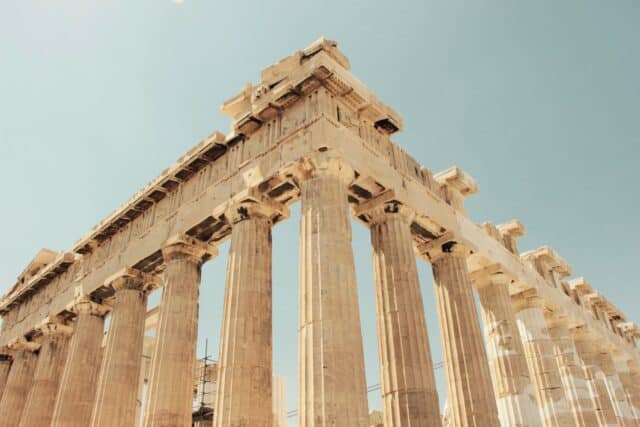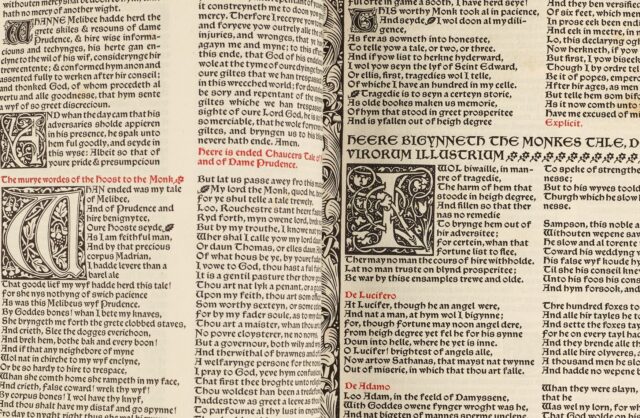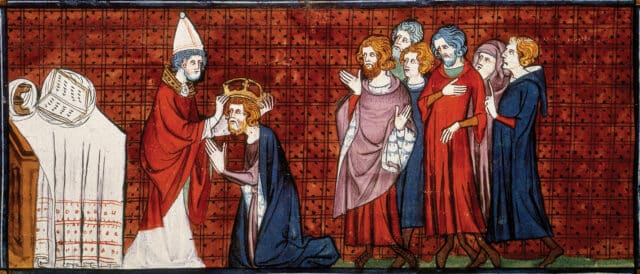Course overview
BA Modern Languages
BA Modern Languages & Linguistics
BA Classics & Modern Languages
BA English & Modern Languages
BA European & Middle Eastern Languages
BA History & Modern Languages
BA Philosophy & Modern Languages
Typical intake: 9
The College currently admits students to read Modern Languages and the associated Joint Schools with Classics, English, History, Philosophy, Linguistics and Middle Eastern Languages.
Applicants are welcome in all languages, but for the Honour School of Modern Languages, one of the languages offered must be French or German; for European and Middle Eastern Languages, the European language must be French or German. For the other joint schools, any language may be offered. Beginners may be admitted to read Italian, Spanish, Portuguese, Modern Greek, Czech or Russian.
Undergraduates reading French and/or German may expect to be taught for the greater part of their course by the College’s resident fellows in those languages, but some options are taught by specialists outside the College. Language teaching in French and German is carried out within the College, in part by native speakers. The other languages are taught on an intercollegiate basis, but under the supervision of the College Lecturers. Dr Bullock’s (Russian) current research focuses on the relationship between words and music in Russian culture, with special reference to the song tradition. He has also published on twentieth-century literature, particularly Soviet writer, Andrei Platonov. Dr Tandello’s (Italian) interests range from modern Italian poetry (Leopardi, Montale, Rosselli) to dialects in Italian literature, and modern drama (Pirandello in particular). Dr del Pilar Blanco (Spanish) is currently working on a project that explores the intersections of science and literature in the work of the Spanish American modernistas during the late nineteenth and early twentieth centuries.
The facilities of the Taylor Institution, the centre for Modern Languages studies in Oxford and one of the major research centres for the subject in Britain, are very near to the College, as is the University Language Centre, which provides audio-visual language teaching. The year abroad (between the second and final year of study in Oxford) is a key part of the course, and Worcester undergraduates have in the past spent their year in places as diverse as Martinique, French Guiana, Moscow and Mexico City, as well as in Western European countries.
Tutors
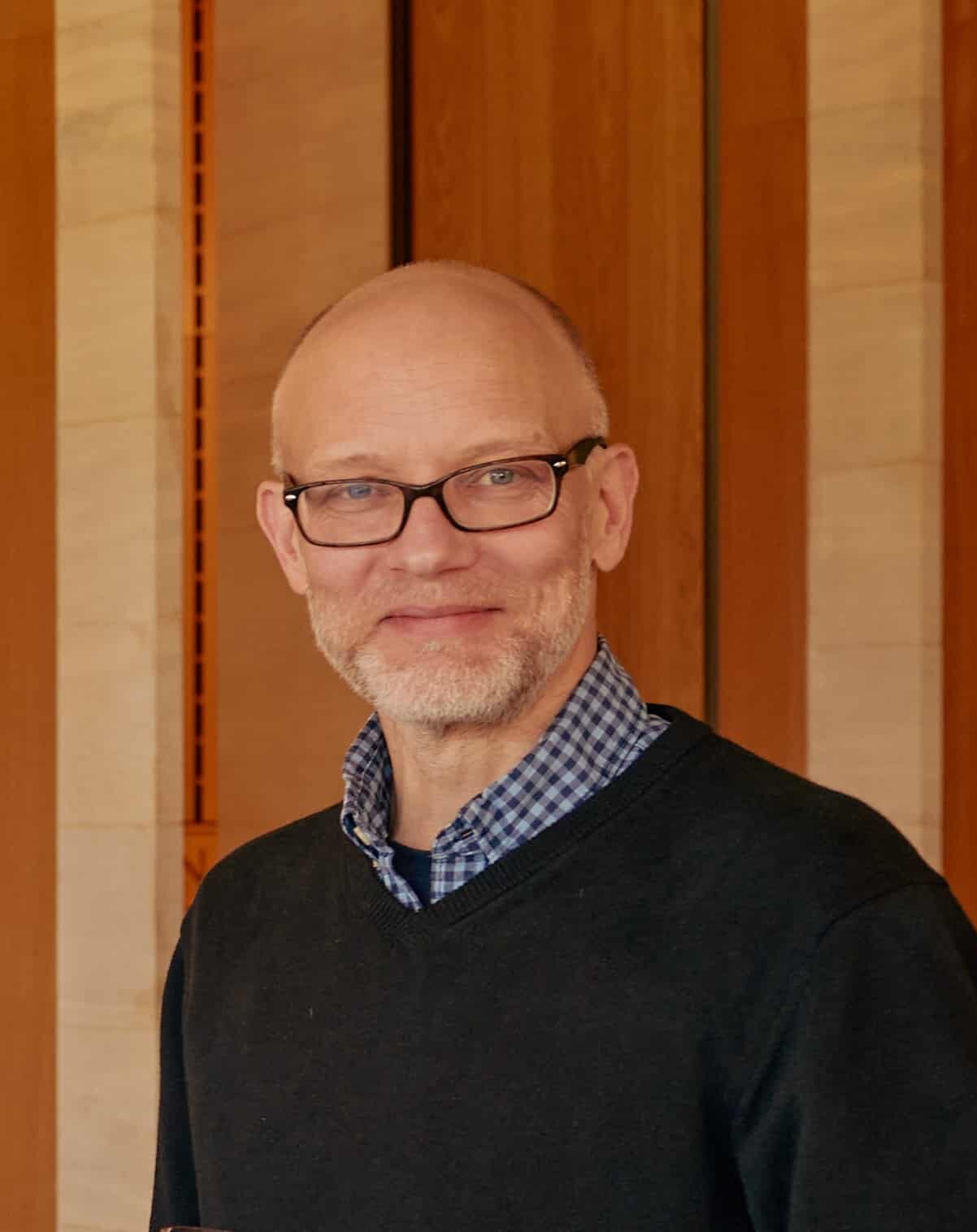
Fellow & Tutor in German
Professor Benjamin Morgan
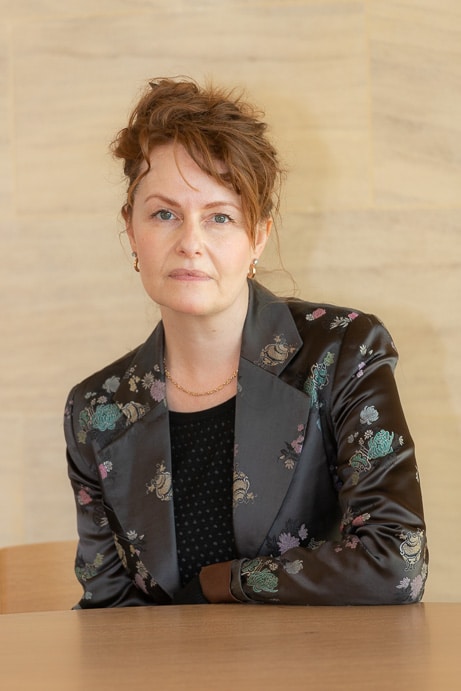
Sir Lindsay Owen-Jones Fellow in Modern Languages & Tutor in French
Professor Kate Tunstall

Besse Fellow & Lecturer in French
Dr Alice Violet
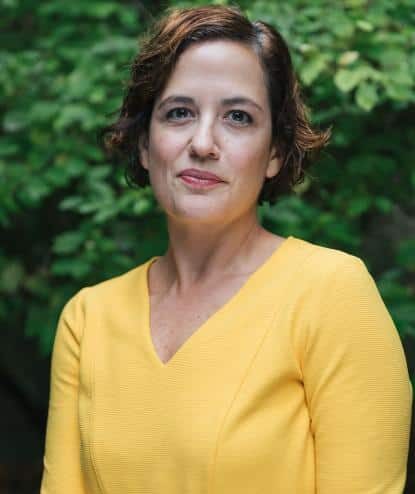
College Lecturer in Spanish
Professor María del Pilar Blanco
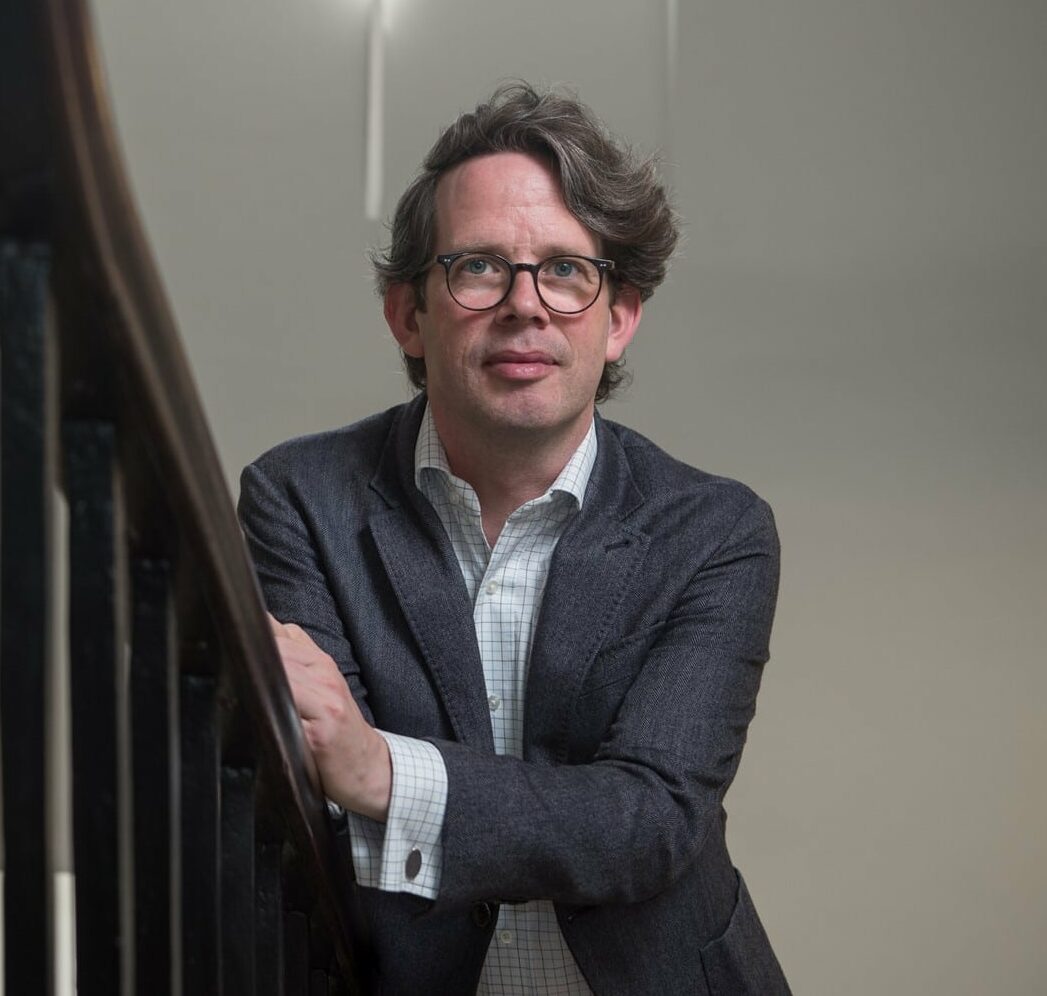
College Lecturer in Russian
Professor Philip Bullock
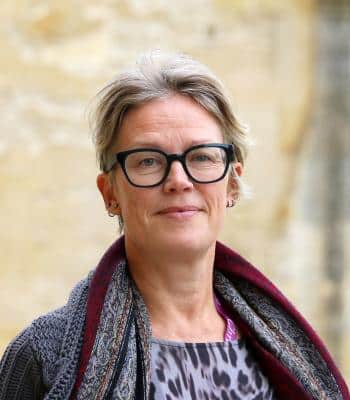
College Lecturer in Italian
Professor Charlotte Ross
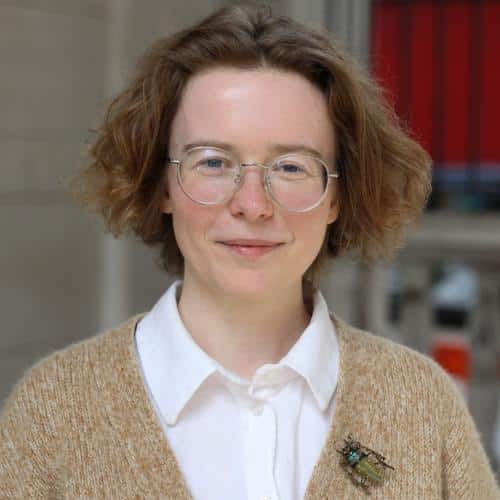
Austrian Lektorin
Marlene Danner
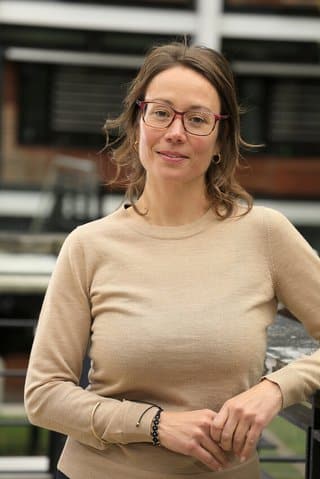
College Lecturer in German
Cornelia Wiedenhofer
Applying
Applicants are naturally required to have a good standard of linguistic competence, and since the Oxford course also has a very substantial literary content, we expect candidates to show evidence of a commitment to, and aptitude for, literary study. The course offers a very wide range of options from the Middle Ages to the present day, from poetry to drama to film, together with linguistic studies.
Applications for deferred entry: our tutors firmly believe that a year abroad can be useful, especially if the year is spent where the language to be studied is spoken. This is particularly true for candidates taking up a new language. However, you should set against this the difficulty of gaining a place for deferred entry, as our tutors would need to be convinced that you would be among the best of the following year’s applicants. Of course, the gain in linguistic skills during the year abroad would be beneficial.
Read more on the university website Faculty of Medieval & Modern Languages Faculty of Linguistics, Philology & Phonetics










